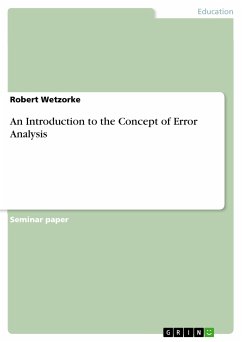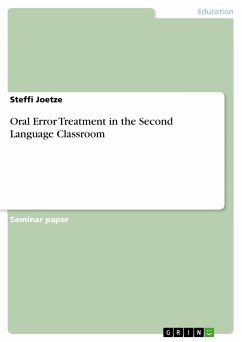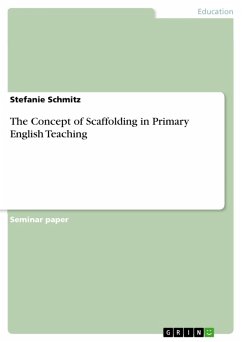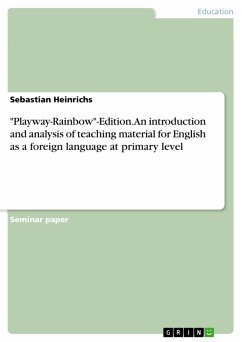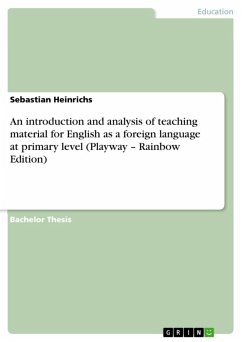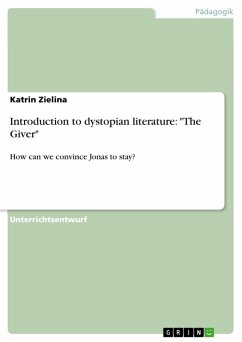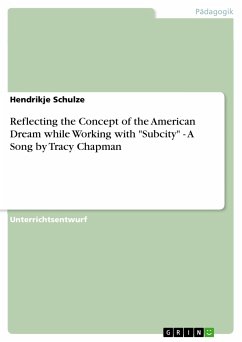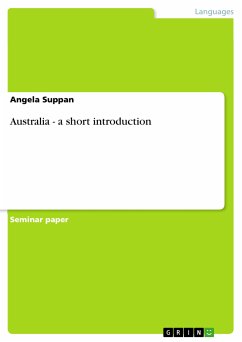Seminar paper from the year 2005 in the subject Didactics for the subject English - Pedagogy, Literature Studies, grade: 1,3, Technical University of Braunschweig (Englisches Seminar), language: English, abstract: Foreign Language Pedagogy (FLP), in general, aims to convey to teachers the essential information about the role of the learner and the teacher in the process of language learning, and also provides them with theoretical, didactic methods and practical means for the foreign language classroom (FLC). We can even go a step further by claiming that the mission of FLP is to research for and establish the supreme way of a teaching a foreign language (FL) to the learners. However, within this field of research it becomes quite obvious that the learners take in a rather passive role and do not contribute very much to new research data and, hence, new approaches towards foreign language teaching (FLT). This thesis can be held true, to give just one example, when we consider the various teaching methods for the FLC. Although the role of the learner is taken into account in each method, the learners are fairly more than "testing objects" of teaching models hypothesized by didactic scientists. On the other hand, one must admit that in correspondence with the recent emergence and establishment of the communicative approach (CA), the learners preferences and demands have been taken far more into consideration and their linguistic and communicative performance serve as source for methodological research input and constructive, teacher strategies-oriented as well as learner strategies-oriented output offered by science. Recently, and paradoxically enough, it can be perceived intensive discussion concerning the question how to deal best with errors produced by learners. More precisely, there has been a shift from the formerly applied "Contrastive Analysis" (CAH) toward the occupation with "Error Analysis" (EA). (...)
Dieser Download kann aus rechtlichen Gründen nur mit Rechnungsadresse in A, B, BG, CY, CZ, D, DK, EW, E, FIN, F, GR, HR, H, IRL, I, LT, L, LR, M, NL, PL, P, R, S, SLO, SK ausgeliefert werden.

